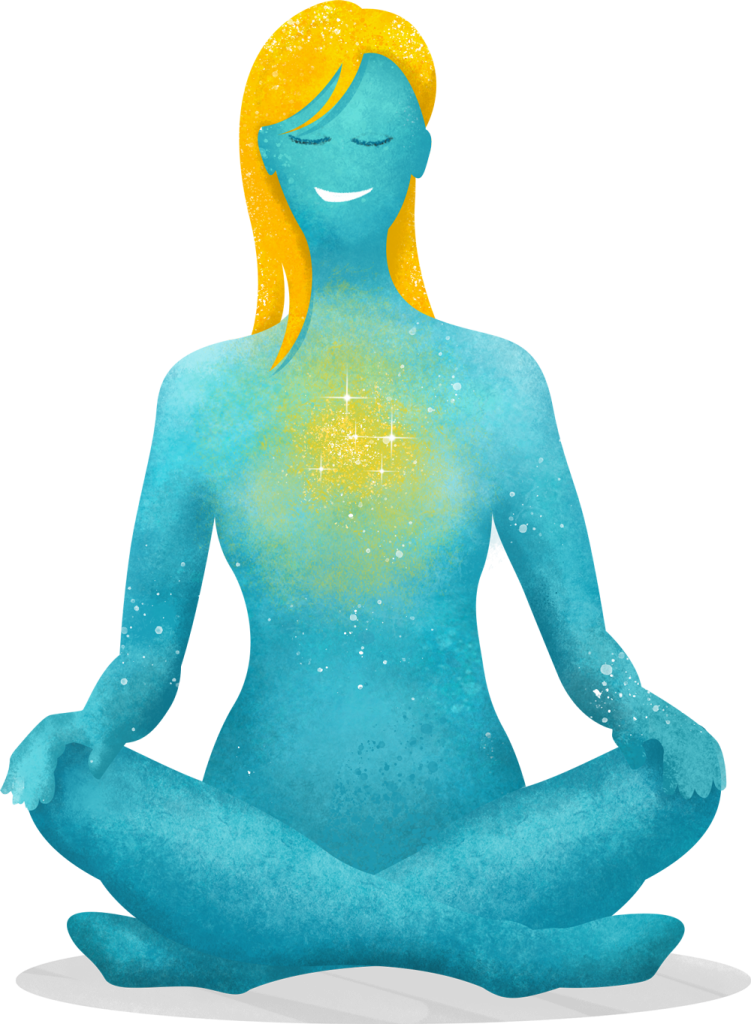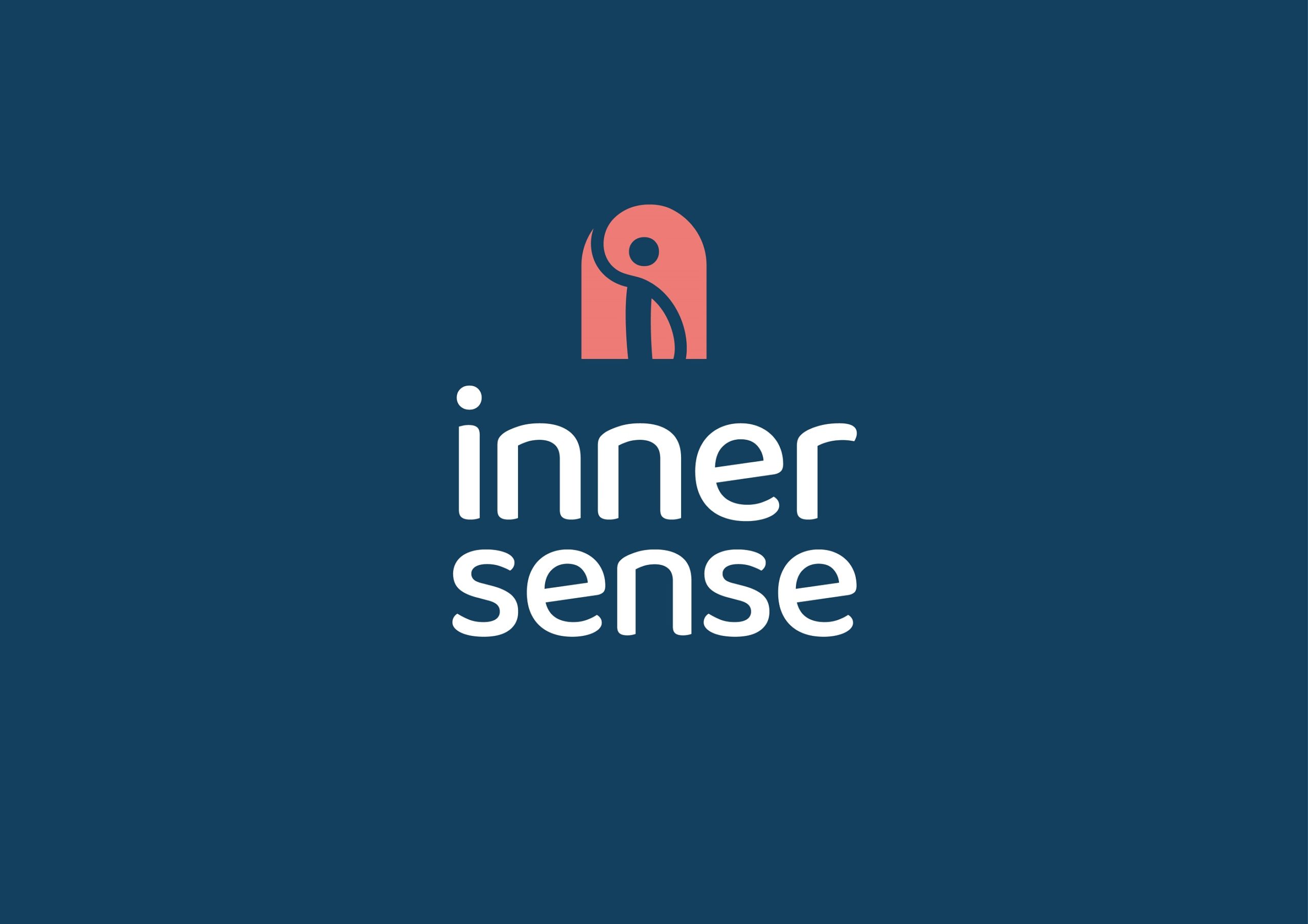The health of future generations will be influenced by the world we are creating today. This article takes a longer-term view of health than you will normally find on Restoring Balance and asks how economics influences our health. Can we can take inspiration from the recent surge in community spirit during the Coronavirus Pandemic to design a monetary model that works within the limits of our planet?
Wherever we look, it is strikingly clear that life involves cooperation. In my own life, I find cooperation exists in many forms. At times it is mediated through rules that have been ‘given’ to me – such as learning dinner table etiquette, or the Highway Code. At other time it’s more a case of, ‘working it out as I go along’ with friends and family as we bump into new challenges.
Research involving children as young as six-years of age has shown them to spontaneously find ways to collaborate in order to share a limited resource.1 Delving inside each of the cells in your body there are signs that cooperation existed on earth billions of years ago too. Each of your cells contains thousands of tiny, fuel-burning furnaces called mitochondria and evolutionary biologists theorise that once upon a time, these mitochondria existed as independent bacteria-like cells and that multicellular organisms such as humans have learned to live in harmony with them.
Cooperation Enhances Life
We give mitochondria a home and they liberate energy for us from food. These tiny furnaces provide our cells with up to 15 times the energy that we would be able to make using our own metabolic processes. They create this in the form of a universal energy currency that has helped us evolve into complex organisms with huge demands for energy.
Mitochondria are just one example of how human cells cooperate to keep the energy of life flowing. The trillions of cells that make up your body must cooperate with each other too. Likewise, in our gut we see health is enhanced when cooperation dominates. Our gut provides a warm moist home for microbes to dwell and in that cosy space they ‘compost’ foods we consume. As well as receiving nutrients for themselves, they manufacture essential vitamins for us and make it easier for us to absorb digested food into our bloodstream.
Unfortunately, we can’t wind-back the clock and observe the pivotal moments when pre-historic cells negotiated their relationships, but we can marvel at them. What we do know is that when this spirit of cooperation is eradicated or reduced, diseases arise.
People Are Inherently Cooperative
Sometimes our society can look and feel more like a rat race than a caring cooperative community, although it actually requires cooperation to operate smoothly.2 As we have seen recently, in a matter of days, across the globe, whole populations rapidly adapted to new rules that protect the vulnerable and saves lives from Covid-19 in a cooperative way. We saw a short spell of scrabbling for toilet rolls and pasta, that appeared more like an expression of survival of the fittest rather than cooperation, but the panic soon passed, and new rules to queue in single file at two-meter intervals became part of the ‘New Normal’.
Just like the groups of six-year olds mentioned above, we have also seen mass and unprompted self-organisation of volunteer groups to help support the vulnerable and isolated during lockdown. So, whilst ‘survival of the fittest’ is often seen as the fierce and desperate driving force of evolution, it is only part of the story.3
Does Our Economy Enhance Cooperation?
The mass action required to implement emergency medical and social distancing during the Covid-19 pandemic has shown us the potential for cooperation. It has also exposed the weaknesses in our world and allowed people to question the status quo.
I believe one of the greatest opportunities for enhancing the health of people and the planet involves restructuring our economy so that it emphasises collaboration rather than competition. Organisations like Positive Money have done an excellent job at exposing truths about how our monetary system currently works. Their research has proven that the majority of money in circulation is created by private companies out of thin air and distributed into our society in unfair ways. This model of economics drives inequality and competition rather than fostering collaboration. These vast inequalities are proof that as it stands, our economy does not enhance cooperation, but rewards competition.
Directing our Economy for Health
Renegade economists such as Oxford University’s Kate Raworth have been re-imagining economics for the benefit of all life on earth. Kate recognises that our current monetary system fails to cooperate with social and planetary boundaries. Her internationally acclaimed framework of Doughnut Economics has influenced progressive thinkers and is being used by city leaders in Amsterdam to help foster post-Covid-19 collaboration for the health and welfare of its citizens. Doughnut Economics incorporates elements of biomimicry, which replicates the cooperative nature of biological systems.
The majority of my day-to-day work focuses on helping people improve their wellbeing by making simple lifestyle choices around their home and work environment. However, I believe that the health of future generations will depend on a new respect for ecology and economics. We can only be as healthy as the environment we are bathed in.
If the disruption caused by our current crisis has led you to question the value of the systems we take for granted, then I urge you to follow the work of Positive Money, and Doughnut Economics as a reliable starting point for enquiry. You can join Positive Money’s mailing list here
Thank you for reading this four-part series inspired by the Covid-19 lockdown.
Sources and References:
- McAuliffe, K., Blake, P., Steinbeis, N. et al. The developmental foundations of human fairness. Nat Hum Behav1, 0042 (2017). https://doi.org/10.1038/s41562-016-0042
- The cooperative human. Nat Hum Behav2, 427–428 (2018). https://doi.org/10.1038/s41562-018-0389-1
- https://www.newscientist.com/article/dn13671-evolution-myths-survival-of-the-fittest-justifies-everyone-for-themselves/



